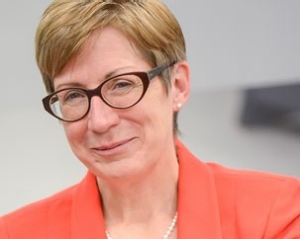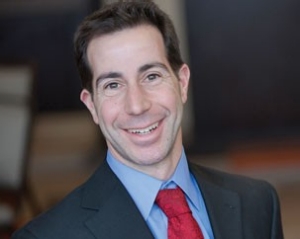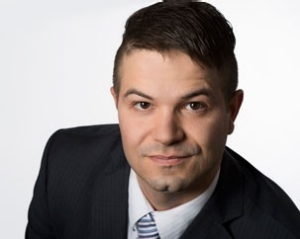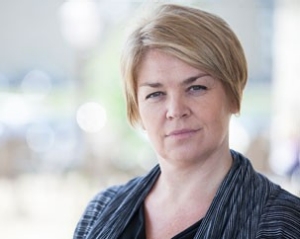Brenda Shanahan, MBA 88
Brenda Shanahan has been nominated by the Liberal Party to run in the Châteauguay–Lacolle riding south of Montreal. She earned an MBA in 1988 from what is now the John Molson School of Business (JMSB). She is now a financial educator, investment advisor and columnist for a variety of Montreal-based publications, including the Montreal Gazette. Shanahan is also a renowned public speaker who hosts conferences on financial literacy while continuing to counsel individuals and families in personal finance management.
Why are you running for federal office?
BS: “Because it is an opportunity to get my ideas out on the national stage — my ideas about financial education, income security and wealth distribution. I would like to see every Canadian have access to the kind of independent, financial education that fosters economic opportunity and, at the same time, I would like to see a fairer ‘leveling of the playing field’ so that more Canadians can enjoy a measure of income security and a share of our nation’s wealth.”
What steps should the government take to improve the national economy?
BS: “My particular concern is at the individual, personal level. To help people do better, we need people to be better educated with financial and economic skills. I would start with a national financial education program. That’s on my wish list. It would help people to have the knowledge, the skills and the confidence to better manage their own finances and to take advantage of programs and benefits that are offered by the different levels of government. At the same time, the federal government, in conjunction with the provinces, has a duty to ensure that the playing field is level for everyone. That’s where we need to look at the consumer protection laws and ensure ordinary Canadians are getting a fair deal.”
Is Canada doing enough to address global climate change?
BS: “No. Absolutely not. Nowhere near enough. It’s been well reported that the current government has neglected to address climate change and that is something that the Liberal Party will address in collaboration with the provinces so that we can once again be a leader in this area.”
How do you plan to address national security concerns?
BS: “National security in Canada is a concern of each and every one of us and I would like to foster more awareness amongst citizens about how we can mutually improve our public security. Public security is not just about laws and police and armed personnel. It’s about each and every one of us looking out for our neighbours and being vigilant about our mutual security.”
How did your Concordia experience prepare you for political leadership?
BS: “I was an inadvertent MBA. I was a free spirit doing non-profit work with Amnesty International. Life was great and then I became a single parent. Life got very serious all of a sudden. I went to Concordia, to one of the counsellors, and asked what certificate I could get to get a better job. It was that counsellor who gave me a competency test and told me I could do an MBA. Nobody had ever said that to me — said that I could do better than what I was doing. That’s what got me into the MBA program. It showed me that anything is possible in Canada and, while I never thought I’d get into politics, it gave me the confidence to say, ‘I can do this. I can use my skills and make a difference for other people.’ I was given that opportunity. I can make that happen for other people.”


 Brenda Shanahan is the Liberal Party candidate
in the Quebec riding of Châteauguay–Lacolle.
Brenda Shanahan is the Liberal Party candidate
in the Quebec riding of Châteauguay–Lacolle.
 Jennifer Hollett will represent the NDP in the Ontario riding of University–Rosedale.
Jennifer Hollett will represent the NDP in the Ontario riding of University–Rosedale.
 Liberal Party delegates from Montreal’s Mount Royal riding chose Anthony Housefather as its candidate for the upcoming federal election.
Liberal Party delegates from Montreal’s Mount Royal riding chose Anthony Housefather as its candidate for the upcoming federal election.
 Benjamin Woodman is running for the Conservative Party in Quebec ’s Pontiac riding.
Benjamin Woodman is running for the Conservative Party in Quebec ’s Pontiac riding.
 Sherry Romanado is the Liberal Party candidate for the Montreal south shore riding of Longueil–Charles-Lemoyne.
Sherry Romanado is the Liberal Party candidate for the Montreal south shore riding of Longueil–Charles-Lemoyne.